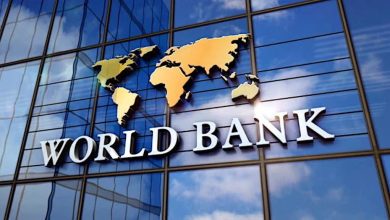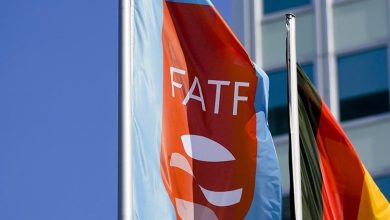WHO Calls for 50% Global Tax Hike on Tobacco, Alcohol, Sugary Drinks by 2035
WHO pushes for higher taxes on tobacco, alcohol, and sugary drinks to fight deadly diseases.
The plan targets a 50 percent hike by 2035 to boost health and economic stability.
The World Health Organization (WHO) has launched a bold global campaign urging countries to increase health taxes on tobacco, alcohol, and sugary drinks by at least 50% by 2035. The initiative, dubbed “3 by 35,” aims to curb the rising tide of non-communicable diseases (NCDs) while generating sustainable revenue for health systems.
According to WHO, tobacco, alcohol, and sugar-sweetened beverages are major contributors to the global NCD burden, which includes conditions such as cancer, cardiovascular diseases, diabetes, and chronic respiratory illnesses. Collectively, NCDs are responsible for more than 75% of all deaths worldwide.
Dr. Jeremy Farrar, Assistant Director-General for Health Promotion at the WHO, emphasized the urgent need for action. “Health taxes are one of the most efficient tools we have. They reduce harmful consumption and generate critical revenue for public services. It’s time to act.”
Citing a recent WHO-backed analysis, the organization stated that a one-time 50% price increase on these harmful products could prevent up to 50 million premature deaths over the next five decades. In addition, it estimates that such taxation measures could raise as much as $1 trillion in new revenue over the next 10 years, resources that could be redirected into healthcare, education, and social welfare.
The “3 by 35” initiative positions health taxes not only as a public health intervention but also as a key strategy for sustainable financing. Between 2012 and 2022, nearly 140 countries increased tobacco taxes, resulting in an average price rise of more than 50%. This precedent, according to the WHO, demonstrates that this goal is both feasible and impactful.
Nations such as Colombia and South Africa have already implemented higher excise taxes on tobacco and sugary drinks, leading to measurable declines in consumption and corresponding increases in public revenues.
However, WHO warns that some countries still offer tax exemptions or maintain investor protection agreements that limit their ability to raise taxes on harmful goods. These practices, the agency says, hinder global public health goals and compromise national sovereignty over health policy.
As development aid declines and public debt rises, many low- and middle-income countries are seeking more self-reliant models of health financing. WHO says this new wave of fiscal interest aligns with its push for smarter, health-oriented taxation.
The agency is now calling on national governments, civil society, and development partners to support the 3×35 agenda. By endorsing targeted health taxes, WHO believes countries can move closer to achieving universal health coverage and meeting key Sustainable Development Goals (SDGs).
“Raising prices on tobacco, alcohol, and sugary beverages is not just good health policy, it’s sound economic policy,” WHO reiterated in its official statement.



